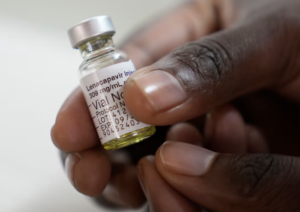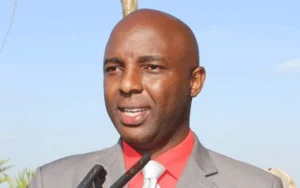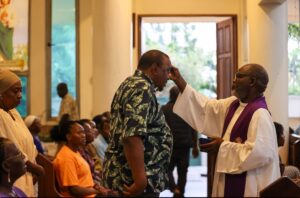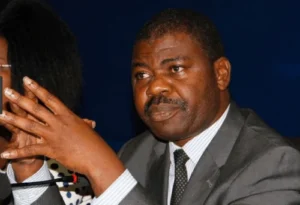South Africa is taking a bold step in curbing its power shortages by purchasing renewable energy from its own citizens.
As the country battles crippling energy crises, Cape Town is leading the charge as the first city to pave the way for a brighter, more sustainable future.
South Africa’s energy crisis forced many businesses and individuals to dwell on solar rooftops. Those investments are paying off businesses and residents will soon be able to sell surplus electricity back to the city’s grid.
“We will now allow our commercial customers as well as in time, our residents to wheel back their excess power into our grid. And so this will obviously assist us in securing that power. We are willing to pay them cash and it will be the tariff that was approved by versa of 79 cents. And then the city of Cape Town has an incentive of 20 cents”, said an official from the South African Authority.
The soaring price of electricity has also driven the uptake of the green alternative. Solar does not come cheap, but consumers are willing to hedge their bets on long-term savings.

“We have customers where they’re really saying, you know what? I am benefiting. You know, they have spent less than they used to. The benefit of going solar is keeping your lights on number one, and as the government has now implemented that, you know, you can now earn something”, said one of the Solar company officials.
Cape Town has led an aggressive push to lesson load shedding in the next three years. It has plans to acquire its own renewable power as Escom tries desperately to keep the grid from collapsing.
“Escom currently does not have sufficient capacity to meet not only the existing demand but also the projected growth in demand, which is important for economic growth. So we think that it’s time that municipalities also make a contribution to that space. It also means local economic opportunities are created which I think is critical for the sustainability of cities and towns in this country”, said the Solar company director.
Come June 2023, the city aims to immediately start paying cash for power. It will buy electricity from as many cities supplied customers willing to sell it. And as the network of small businesses and home power producers grows, so will the city’s energy security.
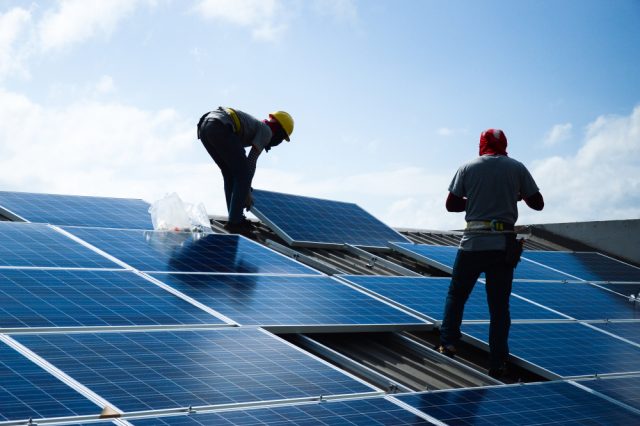
The South African authority will start purchasing renewable power from individuals in the country in order to curb power shortages in its towns including Cape town.
The city is the first to chart new ground as South Africa battles crippling power shortages.
South Africa’s energy crisis forced many businesses and individuals to dwell on solar rooftops. Those investments are paying off businesses and residents will soon be able to sell surplus electricity back to the city’s grid.
“We will now allow our commercial customers as well as in time, our residents to wheel back their excess power into our grid. And so this will obviously assist us in securing that power. We are willing to pay them cash and it will be the tariff that was approved by versa of 79 cents. And then the city of Cape Town has an incentive of 20 cents”, said an official from the South African Authority.
The soaring price of electricity has also driven the uptake of the green alternative. Solar does not come cheap, but consumers are willing to hedge their bets on long-term savings.
“We have customers where they’re really saying, you know what? I am benefiting. You know, they have spent less than they used to. The benefit of going solar is keeping your lights on number one, and as the government has now implemented that, you know, you can now earn something”, said one of the Solar company officials.
Cape Town has led an aggressive push to lesson load shedding in the next three years. It has plans to acquire its own renewable power as Escom tries desperately to keep the grid from collapsing.
Read Also:Samsung Unveils Modern S23 Smartphone Worth Ksh 209K
“Escom currently does not have sufficient capacity to meet not only the existing demand but also the projected growth in demand, which is important for economic growth. So we think that it’s time that municipalities also make a contribution to that space. It also means local economic opportunities are created which I think is critical for the sustainability of cities and towns in this country”, said the Solar company director.
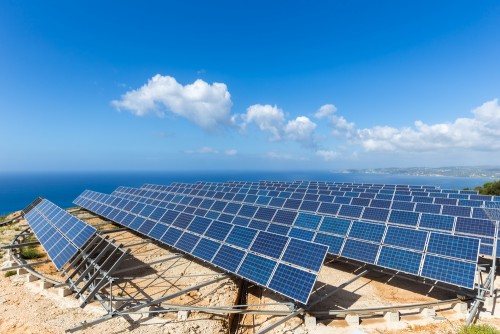
Come June 2023, the city aims to immediately start paying cash for power. It will buy electricity from as many cities supplied customers willing to sell it. And as the network of small businesses and home power producers grows, so will the city’s energy security.
About the Author
Lumbasio Holman
Contributor
Digital Copy Editor, Digital Content Writer, Digital Publishing, Creative Writer, Feature Writer, and Blogger.


